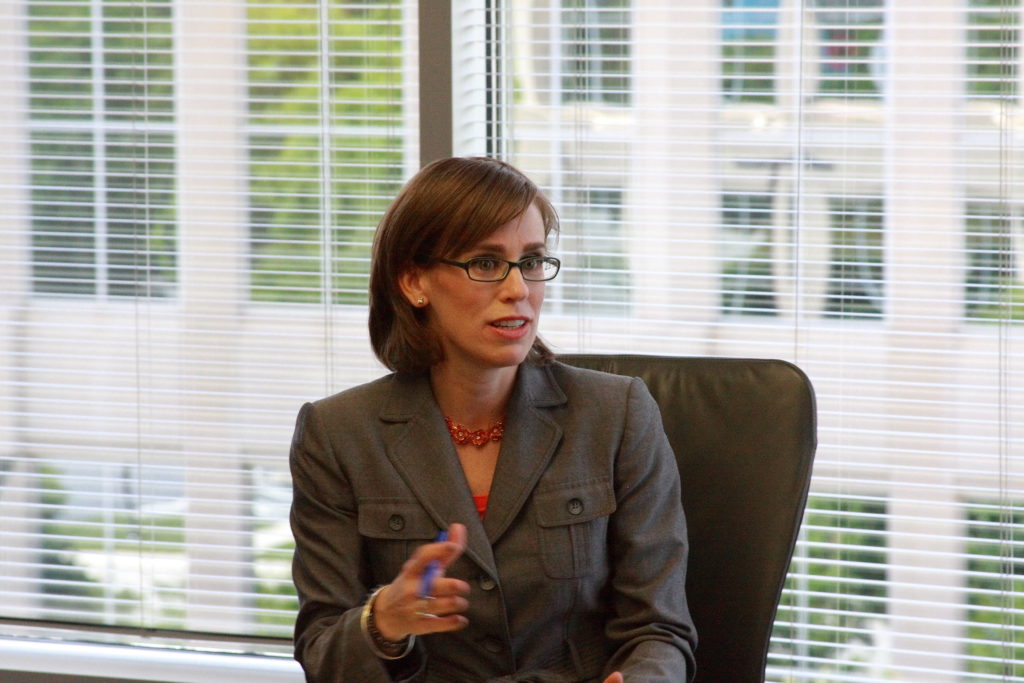WHAT IS MEDIATION?

Mediation is a process in which two or more sides of a dispute come together with a trained, impartial third party who will help them to work together in an effort to attain a resolution. Choosing mediation allows the parties to resolve their dispute in an informal environment without costly, binding court intervention.
Mediators are trained in a variety of negotiation skills such as clear communication, patience, and empathy. The mediator is not a Judge, does not provide any legal advice, and has no power to force the parties to do anything with regard to their cases. Instead, the mediator helps to guide the parties toward mutually agreeable outcome.
How it Works
Typically, the parties will agree to the selection of a mediator. The mediation is generally held at a law office. The participants, generally the parties and their attorneys, will be guided through four basic stages:
- Introduction: During the opening session, the mediator will introduce everyone in the room, discuss the process and rules of conduct.
- Determine the issues: Each party will present the issues that brought them to mediation, without interruption by the other side. The mediator will listen, take notes and ask questions.
- Discuss options: After the opening session, the parties move to separate rooms to continue discussing the case and begin negotiations. The mediator will ask questions about the strengths and weaknesses of each parties’ case.
- Agreement: If all parties agree upon settlement terms then a written agreement will be drafted for signature by the parties.
Mediations can be stressful for both sides. Kate has a way of cutting the tension between the parties and making my client feel comfortable. Her background and community service help her to connect with people on both sides of the table.
Hunter Eddins-GentelKate Deiter-Maradei is an excellent mediator. Because she’s bi-lingual she’s able to communicate directly with my Spanish-speaking clients and put them at ease about the process. But what I appreciate most about Kate is that there have been several times where I’ve gone into a mediation thinking that there was no way the case could settle, and Kate has been able to help both sides reach a compromise. I highly recommend her.
Russell Johnson
What is a superior court certified mediator?
NCDRC Certified Superior Court Mediators must meet high standards and requirements to qualify. For starters, the attorney must be in good standing with the State Bar and have graduated from an accredited law school. Ethics and other continuing legal education courses are required annually to meet the standards of the Dispute Resolution Commission. For more information on North Carolina’s requirements to become a superior court certified mediator visit: www.nccourts.org.
Areas of Service
As a superior court certified mediator, I am qualified to preside over a wide variety of cases; however, my practice mainly focuses on:
What Makes Deiter Mediation Unique
At Deiter Mediation I strive to create an environment conducive to satisfactory outcomes by putting everyone at ease through:
- Thoroughly preparing for each case
- Getting to know the participants
- Active listening with compassion
- Providing plenty of snacks and breaks
- Maintaining neutrality
- Uncovering out-of-the-box solutions
